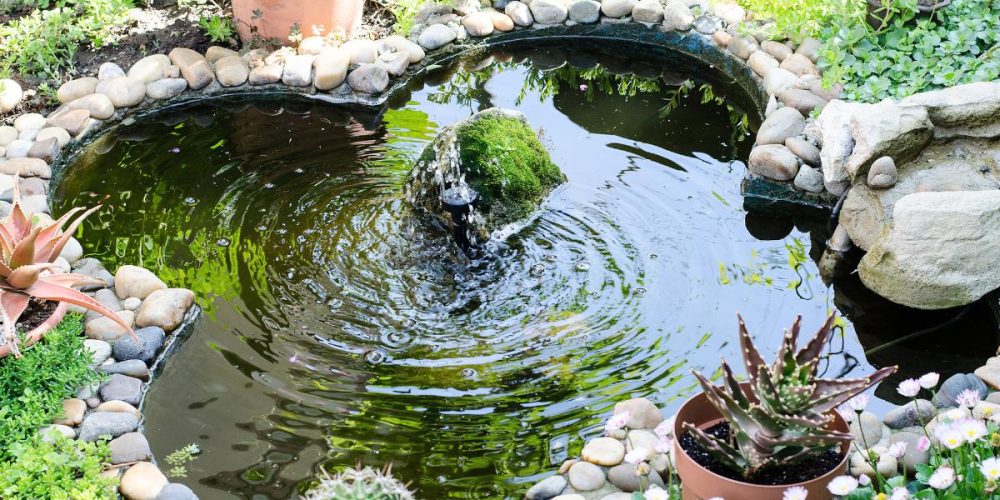
Dive In! Using Garden Ponds as an Educational Tool for Review Games
Hey teachers! Ever thought about using the school garden pond as more than just a spot for lunch breaks? It’s actually a great place to host review games that make learning stick and keep the kids engaged. Let’s explore how you can turn a simple pond into an exciting outdoor classroom.
Taking your class outside helps shake up the routine and can make those review sessions a lot more memorable. Kids tend to focus better and engage more with the lesson when they’re surrounded by nature. It’s not just a breeze and sunshine; it’s about giving them a new context that refreshes their minds.
Setting Up Your Outdoor Classroom
First things first, safety is key. The easiest way to make a pond is by using a pond kit. Then, make sure the area around the pond is safe and accessible for all students. A little bit of prep can go a long way—check for any hazards and set some ground rules for your class. Once that’s sorted, think about how you can use the pond’s natural environment to your advantage. Maybe there’s a spot where kids can gather around, or perhaps you can have them work in small groups along the shore.
Review Games That Splash
Let’s dive into some cool games.
With Pond Bingo, students roam around the pond area seeking natural items that match descriptions on their bingo cards. Think about looking for different leaf shapes, insects, or pebbles. This gets them moving and observing closely, which is great for science and attention to detail.
Question Fish is another exciting game where you write questions on waterproof cards and let them float on the water’s surface. Equip your students with small nets or have them use their hands to pick a card. Each card could have a different type of question, maybe a math problem or a science fact, depending on what you’re reviewing. It’s a playful way to challenge their knowledge and their ability to retrieve the cards can add a layer of fun competition.
Eco-Quiz Relay involves physical activity combined with mental challenges. Create a relay race where students answer environmental questions at various stations around the pond. Each correct answer could help them move faster or earn points for their team. This game is great for team building and making connections between physical activity and learning.
Integrating Curriculum
The pond is a versatile tool for various subjects.
In science, explore ecosystems by examining what types of plants and animals thrive in and around the pond. Discuss the food chain and have students predict outcomes if certain species were removed or introduced.
In math class, turn the pond into a real-world math lab. Have students calculate the perimeter or estimate the volume based on measurements they take themselves. They can practice their estimation skills by guessing the number of stones on the shore or the number of fish in the pond, then check their hypotheses.
Language arts can be particularly magical by the pond. Have students write poems inspired by the tranquility of the water or compose short stories about an imaginary creature living in the pond. Vocabulary games can be tied to the natural elements they see around them, enhancing their descriptive skills and expanding their nature-related vocabulary.
Feedback and Assessment
Take some time after your outdoor session to reflect with your students on what they learned and how they felt about the experience. This feedback can guide you in fine-tuning future outdoor lessons to better meet their learning styles and interests.
